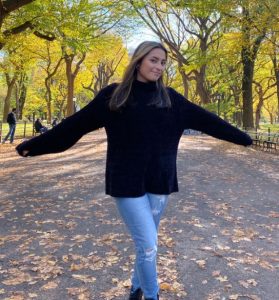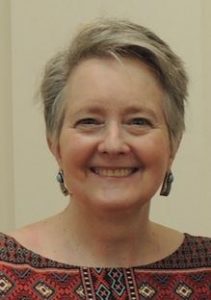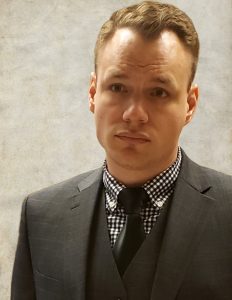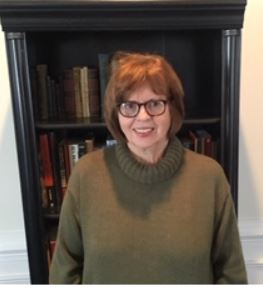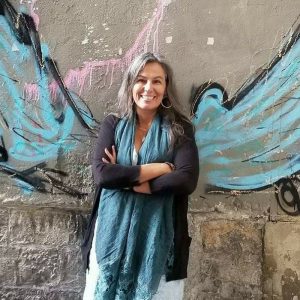by Varsha Kukafka
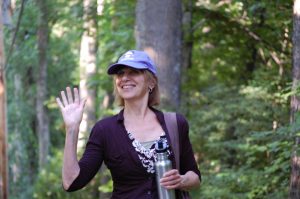
It can be dangerous to wake up in the morning.
And go downstairs.
Or back upstairs.
It can be dangerous to read a poem.
Or answer the phone. Or care.
Or get on the highway. Or say goodbye.
Yes, it can be dangerous.
It can be dangerous to look at the sky. Or ask a question. Or cry.
Or open a letter. Or answer the door. Or buy a ticket.
Or feel forlorn. Or feel.
It can be dangerous to read a poem.
Or to go to the ocean. And love that smell. And feel that swell.
Or to think about telling a secret. Or tell.
It can be dangerous to keep old notebooks. Or throw them away.
Or to remember. Or forget. Or never say.
It can be dangerous to go somewhere new. Or never go looking.
Or to cook. Or not cook.
It can be dangerous to read a poem.
Or go for a swim. Or a walk.
Or talk to your sister or mother or daughter or son. Or not talk.
It can be dangerous to pet a strange dog. Or to say yes or no.
Or look in the mirror. Or sneeze.
It can be dangerous to write a poem.
It can be. It will be. It may be.
Oh yes, it can be dangerous to breathe.
It can be. It will be. It may be.
It can be dangerous to stop.
Or to start over again.
It can be dangerous.
Be dangerous.
Varsha Kukafka is a Philadelphia native who began writing poems at age six. Her work has appeared in AGNI, Salamander, Painted Bride Quarterly, The American Journal of Poetry, and elsewhere, as well as in limited edition letter press broadsides with images from her visual art. She worked professionally as a tapestry weaver and served as an assistant district attorney for twenty years.
